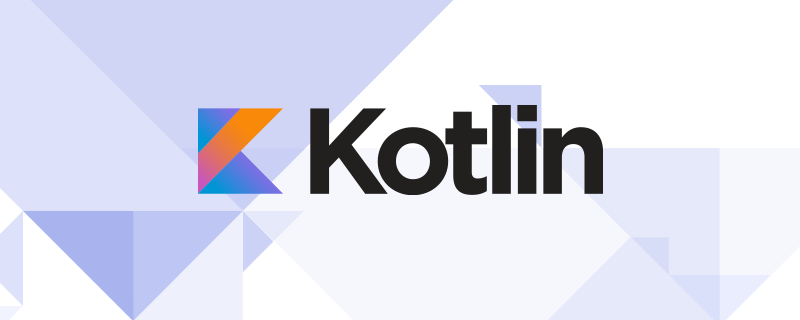In continuation of the last two days the IO event became more detail oriented with deep dive technical sessions covering various aspects of the improvements in Google products and enhanced capabilities that developer can access.
Here is our summary of some important discussions.
1.Improved sign-in, payments and forms in Apps
Google is trying to tackle the challenges of critical flows like login, payments and forms by using new APIs. Android now has Autofill, Google Smart Lock, and Backup and Restore APIs for your apps. These new APIs will help users
1) The login and payment experience,
2) Seamlessly syncing logins between your website and mobile app, and
3) Preventing users from getting locked out when they switch devices.
Watch the complete video here Link
2. Android meets TensorFlow
TensorFlow is powering google AI. A detailed session on AI technology for production Android apps was conducted. One of the main benefits of TensorFlow is Portability. You can easily move the neural network model to Android and run the prediction inside mobile phones, to do many AI tricks things like image recognition, motion recognition and etc.
Google provided the tips and tricks to overcome the challenges of the model size and CPU consumption for neural network prediction.
Watch the complete video here Link
3. Performance and Memory improvements in Android Run Time
Android Run Time (ART) is getting major improvements like the new concurrent copying garbage collector (GC) based on read barriers, and improvements to the ahead-of-time (AOT) and just-in-time (JIT) compiler. The new GC will reduce pause times and heap sizes compared to its predecessor.
Watch full video here Link
4. Kotlin
Kotlin is now an officially supported language for Android. Kotlin is a language that runs on the JVM (Java Virtual Machine), and it’s already possible to use Kotlin and many other JVM languages for Android development. This is the Link https://youtu.be/X1RVYt2QKQE to know the tips for developers to get started with it.
5. Machine Learning APIs
Google has introduced new machine earning APIs that provide access to pre-trained machine learning models with a single API call. Now you can make use of Google’s machine learning expertise to power your applications. Google Cloud Platform (GCP) offers five APIs that provide : Google Cloud Vision API, Cloud Speech API, Cloud Natural Language API, Cloud Translation API and Cloud Video API. Using these APIs, you can focus on adding new features to your app rather than building and training your own custom models.
watch full video here Link
Knowledge thats worth delivered in your inbox






